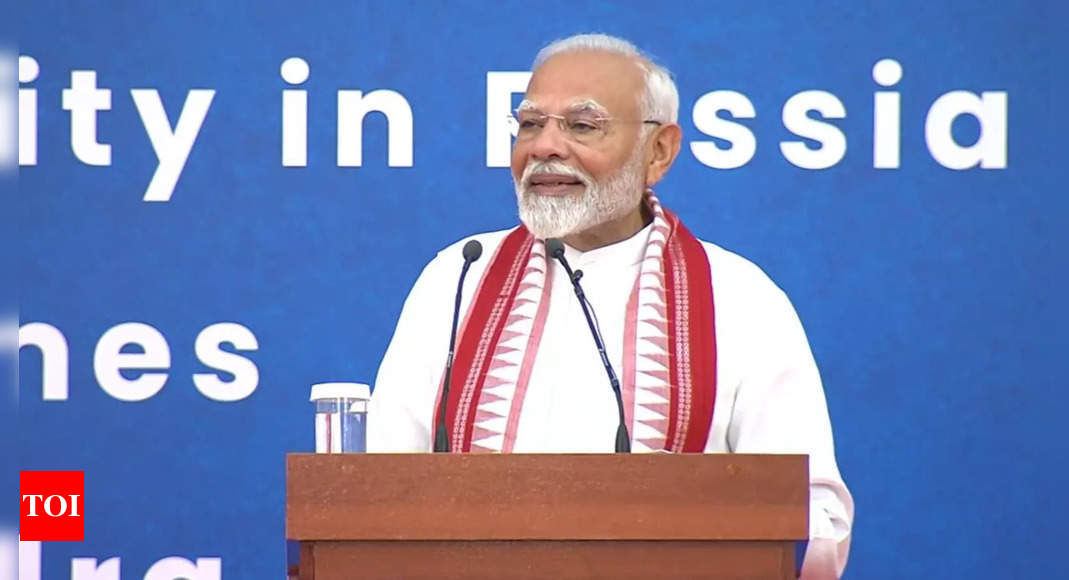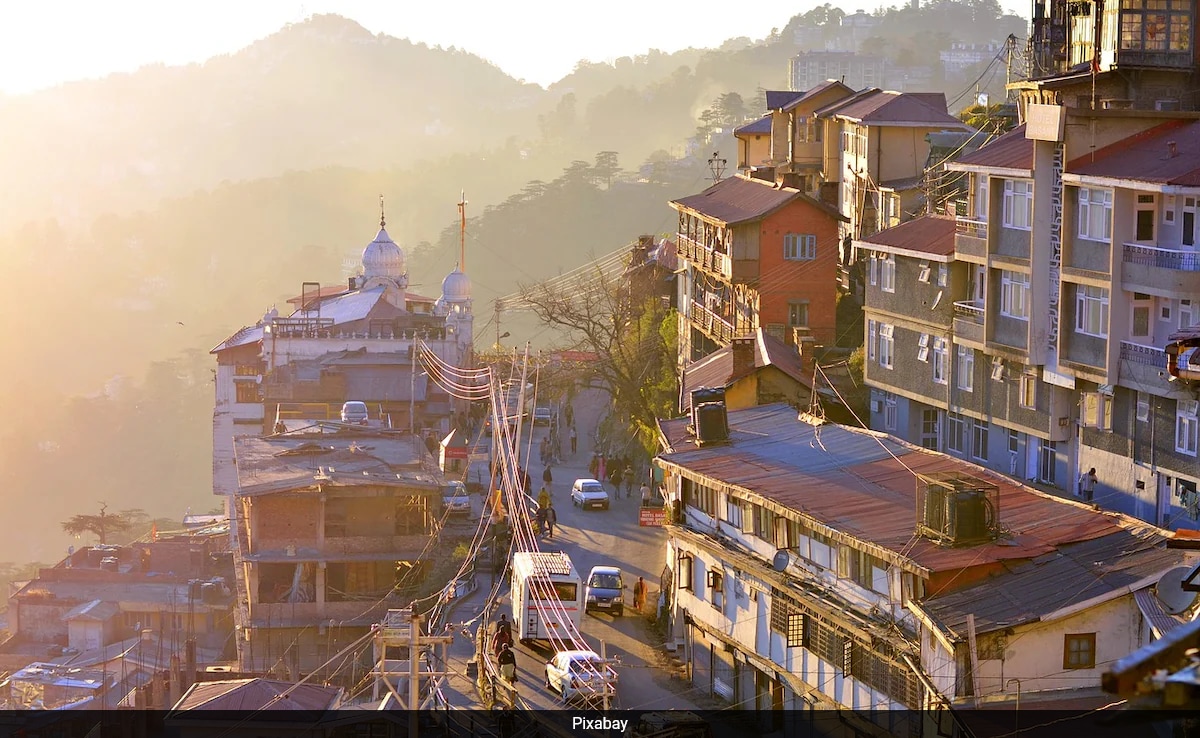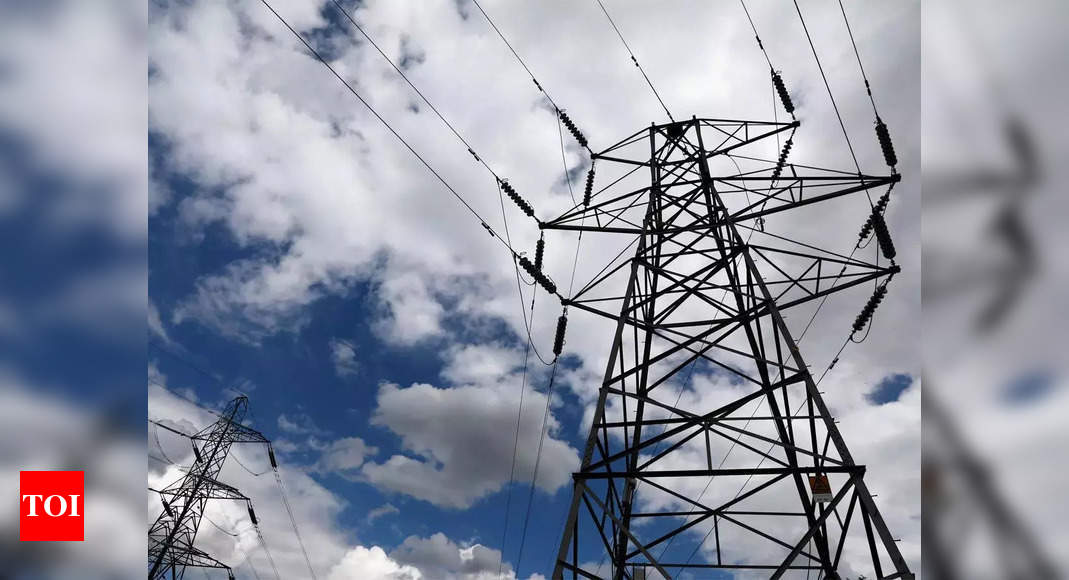
NEW DELHI: The Congress on Wednesday accused the government of “systematically bludgeoning” India’s MSMEs and claimed that 140 crore Indians are now paying the economic consequences of Prime Minister Narendra Modi’s “cronyism, arbitrary policy-making, and refusal to engage constructively on issues”.
Congress general secretary Jairam Ramesh cited a new report by credit ratings firm India Ratings to claim that the three shocks of demonetisation, “botched roll-out of GST” and imposition of a nationwide lockdown without prior notice have been devastating for the economy.
The India Ratings report has confirmed what the Congress has repeatedly warned –“the non-biological Prime Minister’s systematic bludgeoning of India’s MSMEs and informal businesses has been an economic catastrophe”, Ramesh said.
“Three shocks in particular have been devastating. The non-biological PM’s surprise announcement of demonetisation on 8th November 2016, which virtually halted all economic activity for the following months, without bringing any clear economic and social benefits,” he said.
Ramesh also cited the “‘botched roll-out of the GST’ in July 2017, with a convoluted tax structure, high compliance burden, and punitive enforcement”.
He said the third shock was the decision to impose a nationwide COVID-19 lockdown on March 24, 2020, without prior notice, adequate preparation, or an economic programme to protect the informal sector.
“India Ratings has now put numbers to some of the devastating effects of these three shocks: Unorganised sector contributes 44+% to India’s Gross Value Added (GVA). The unorganised sector grew at 7.4% Compound Annual Growth Rate (CAGR) between FY11 and FY16, but has suffered an average yearly contraction of 0.2% since then,” the Congress leader said.
“By FY23, GVA by unincorporated businesses was 1.6% below FY16 levels. This recession in the unorganised sector cost India 4.3% of its GDP or Rs 1.3 lakh crores. 63 lakh informal enterprises shut down due to these three shocks, leading to the loss of 1.6 crore jobs,” he said, citing the report.
At a time when a record number of youngsters are entering the labour markets, the Modi government was destroying jobs, he alleged.
For all the hype and bluster of Make in India, manufacturing jobs reduced from 3.6 crore in FY16 to 3.06 crore in FY23, Ramesh claimed.
“Manufacturing is India’s ticket to solving unemployment and reaching a sustainable middle-income status. The non-biological PM oversaw the destruction of India’s manufacturing,” he said.
Ramesh said the Congress has repeatedly warned “the non-biological PM” of these consequences.
“Dr. Manmohan Singh took to Parliament to decry demonetisation as ‘organised loot and legalised plunder’. Rahul Gandhi has repeatedly drawn attention to the GST’s devastation of job-creating MSMEs, pointing out that it was neither a Good nor a Simple Tax,” he said.
In April 2020, after wide consultations with stakeholders, the Congress put out a five-point programme to revive the informal sector amidst the COVID-19 pandemic, he said.
Ramesh pointed out that the party’s Nyay Patra 2024 put forth strong proposals to revitalise the informal sector including establishing GST 2.0, with a single, moderate rate and relief for small taxpayers like MSMEs. The party also proposed to lessen the burden of tax on MSMEs owned by individuals and partnership firms, he said.
The Congress also sought to ensure a level-playing field and oppose the rampant monopolisation and oligopolisation that has crowded out MSMEs, Ramesh said.
He said that “140 crore Indians are now paying the economic consequences of the non-biological Prime Minister’s cronyism, arbitrary policymaking, and refusal to engage constructively on issues”.
Congress general secretary Jairam Ramesh cited a new report by credit ratings firm India Ratings to claim that the three shocks of demonetisation, “botched roll-out of GST” and imposition of a nationwide lockdown without prior notice have been devastating for the economy.
The India Ratings report has confirmed what the Congress has repeatedly warned –“the non-biological Prime Minister’s systematic bludgeoning of India’s MSMEs and informal businesses has been an economic catastrophe”, Ramesh said.
“Three shocks in particular have been devastating. The non-biological PM’s surprise announcement of demonetisation on 8th November 2016, which virtually halted all economic activity for the following months, without bringing any clear economic and social benefits,” he said.
Ramesh also cited the “‘botched roll-out of the GST’ in July 2017, with a convoluted tax structure, high compliance burden, and punitive enforcement”.
He said the third shock was the decision to impose a nationwide COVID-19 lockdown on March 24, 2020, without prior notice, adequate preparation, or an economic programme to protect the informal sector.
“India Ratings has now put numbers to some of the devastating effects of these three shocks: Unorganised sector contributes 44+% to India’s Gross Value Added (GVA). The unorganised sector grew at 7.4% Compound Annual Growth Rate (CAGR) between FY11 and FY16, but has suffered an average yearly contraction of 0.2% since then,” the Congress leader said.
“By FY23, GVA by unincorporated businesses was 1.6% below FY16 levels. This recession in the unorganised sector cost India 4.3% of its GDP or Rs 1.3 lakh crores. 63 lakh informal enterprises shut down due to these three shocks, leading to the loss of 1.6 crore jobs,” he said, citing the report.
At a time when a record number of youngsters are entering the labour markets, the Modi government was destroying jobs, he alleged.
For all the hype and bluster of Make in India, manufacturing jobs reduced from 3.6 crore in FY16 to 3.06 crore in FY23, Ramesh claimed.
“Manufacturing is India’s ticket to solving unemployment and reaching a sustainable middle-income status. The non-biological PM oversaw the destruction of India’s manufacturing,” he said.
Ramesh said the Congress has repeatedly warned “the non-biological PM” of these consequences.
“Dr. Manmohan Singh took to Parliament to decry demonetisation as ‘organised loot and legalised plunder’. Rahul Gandhi has repeatedly drawn attention to the GST’s devastation of job-creating MSMEs, pointing out that it was neither a Good nor a Simple Tax,” he said.
In April 2020, after wide consultations with stakeholders, the Congress put out a five-point programme to revive the informal sector amidst the COVID-19 pandemic, he said.
Ramesh pointed out that the party’s Nyay Patra 2024 put forth strong proposals to revitalise the informal sector including establishing GST 2.0, with a single, moderate rate and relief for small taxpayers like MSMEs. The party also proposed to lessen the burden of tax on MSMEs owned by individuals and partnership firms, he said.
The Congress also sought to ensure a level-playing field and oppose the rampant monopolisation and oligopolisation that has crowded out MSMEs, Ramesh said.
He said that “140 crore Indians are now paying the economic consequences of the non-biological Prime Minister’s cronyism, arbitrary policymaking, and refusal to engage constructively on issues”.








